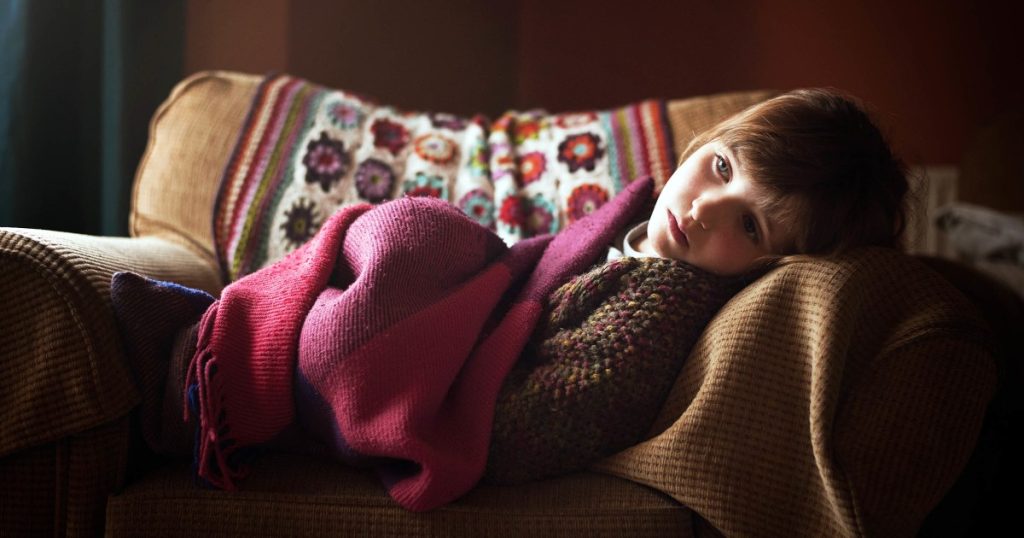Noah Lyles, the world’s fastest man, recently won a gold medal in the 100-meter sprint and a bronze in the 200-meter sprint. He shared that he struggles with asthma, allergies, dyslexia, ADD, anxiety, and depression, inspiring children to not let their diagnoses define their dreams. Asthma and depression often go untreated in children, but with detection and proper treatment, children can reach their full potential. Asthma affects around 27 million people in the U.S., with an estimated 4.5 million children under the age of 18 affected. Asthma symptoms include wheezing, coughing, shortness of breath, and chest tightness, with triggers like exercise, allergens, and weather changes.
There are various types of asthma, including allergic asthma, non-allergic asthma, and exercise-induced asthma, with respiratory infections being the most common trigger for exacerbations in children. While there is no cure for asthma, it can be managed with the right medication, such as inhalers that help reduce lung inflammation and open airways. It’s crucial for children to use their inhalers correctly, as proper technique is essential for assessing control. A visit to an asthma specialist can help accurately diagnose asthma, identify triggers, and create a personalized treatment plan to manage symptoms and reduce flare-ups. While some children might notice an improvement in symptoms as they grow older, asthma is a chronic disease that can persist into adulthood.
Depression is a mood disorder that requires a combination of symptoms lasting at least two weeks, including feelings of guilt, changes in appetite, loss of interest in activities, sleep disturbances, difficulty concentrating, and thoughts of suicide. It’s important for parents and caregivers to pay attention to changes in a child’s behavior, as childhood depression can often go unnoticed due to symptoms being mistaken for normal feelings of sadness or isolation. The chances of depression increase as children get older, becoming more prevalent in adolescents, with approximately 1 in 11 adolescents experiencing an episode of depression.
Treatment for depression often includes cognitive behavioral therapy, which focuses on changing negative thoughts into more positive coping mechanisms. Other aspects of treatment may involve stress reduction techniques, adopting a healthier lifestyle, and ensuring adequate social support. It’s crucial to tailor treatment to the age and developmental stage of each child to maximize its effectiveness. Mental health experts emphasize that depression is a very treatable condition, and with the right help, it’s possible for children to achieve their dreams, just as Noah Lyles has demonstrated. Both asthma and depression should not be barriers to success, and with proper treatment and support, children can reach their full potential in any field, including sports.


